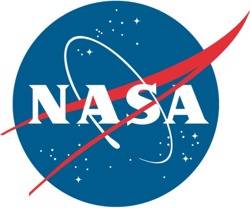
NASA speaker to examine the future application of robots for ocean research & data collection
What happens when Silicon Valley meets marine science? You have a robot that can operate independently for years at sea.
Bill Vass, CEO of Liquid Robotics is to present a talk at NASA's Langley Research Center, "Where The Cloud Meets the Ocean," discussing how seven megatrends are converging to change the way ocean research operations and data collection is done across the globe.
Ocean operations and data collection has historically been done with expensive ships, buoys, and satellite systems. Vass' company, Liquid Robotics has combined a wave energy propulsion system, robotics, micro and nano sensors, cloud computing, wireless communications, GPS, and smart phone computing technology to gather information from harsh offshore environments. The technology can also be used to provide maritime security.
Vass will explain the technology that allows robots to operate independently for years at sea by harvesting all their energy from the environment. He will also focus on how the technology is changing current business models and the future of marine robotic systems. Vass' customers include the energy, shipping, environmental, intelligence, communications, scientific, fisheries, and defense markets.



